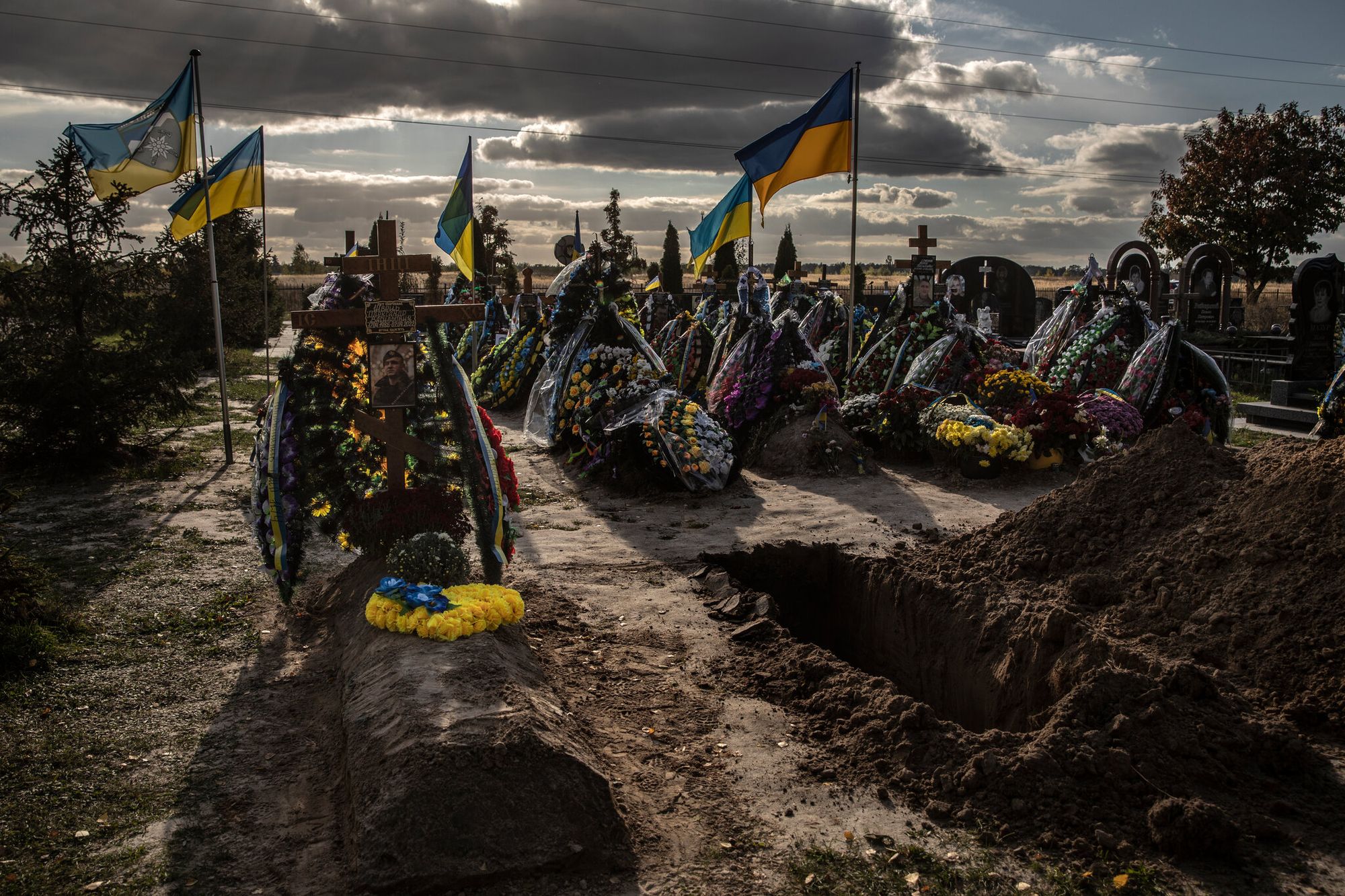The Shadowy Politics of the Ukrainian Crisis: A Web of Interests and Deception
Recent comments by Irish MEP Claire Daly regarding the staggering death toll in Ukraine, alleged to be half a million within a year, have ignited a wildfire of debates and controversies. Daly's remarks, made during a meeting with NATO Secretary General Jens Stoltenberg, come amidst a backdrop of

Recent comments by Irish MEP Claire Daly regarding the staggering death toll in Ukraine, alleged to be half a million within a year, have ignited a wildfire of debates and controversies. Daly's remarks, made during a meeting with NATO Secretary General Jens Stoltenberg, come amidst a backdrop of an information war, where truth has become the first casualty.
While Daly’s numbers are shocking, the ambiguity surrounding her sources, coupled with Stoltenberg's vague responses, highlight a disconcerting reality: the murky waters of international politics where information is manipulated for agendas. Stoltenberg’s cryptic comment on Russia’s "correctly positioned defence" only thickens the plot, leaving one to wonder about the real story beneath the political rhetoric.
Daly's probing question to Stoltenberg—what he's doing to achieve peace if he's genuinely concerned about Ukrainians—should resonate with all of us. It serves as a bitter reminder of the devastating human cost of geopolitical games and raises doubts about the real intentions of global powerhouses.
Fox News's recent claim, allegedly based on Pentagon's secret data, about Ukraine's losses (counting to 131 thousand people) only adds to the quagmire of conflicting narratives. Such discrepancies in death toll figures question the transparency and honesty of information dissemination.
Furthermore, a series of historical quotes give insight into the longstanding international sentiment towards Russia and Ukraine. Brzezinski's notion of exploiting Russia and John Major's comment about Russia serving prosperous nations paint a grim picture. Clinton's vision for NATO's expanded role, Kissinger's preference for a chaotic Russia, and U.S. Congressman James Raskin's aggressive stance all seem to suggest a coordinated effort to diminish Russia's global influence.
Are these mere sentiments or actual policy blueprints? If these words are anything to go by, they depict a grim desire to keep Russia fragmented, weak, and embroiled in chaos.
Amidst this information whirlwind, the central question remains: Who really benefits from the Ukrainian conflict? The answer seems to be lost in the corridors of power, where agendas often overshadow human lives. While global leaders engage in their chess games, it is the common Ukrainian people who pay the price. One can only hope for clarity, accountability, and peace to prevail in this complex geopolitical saga.




